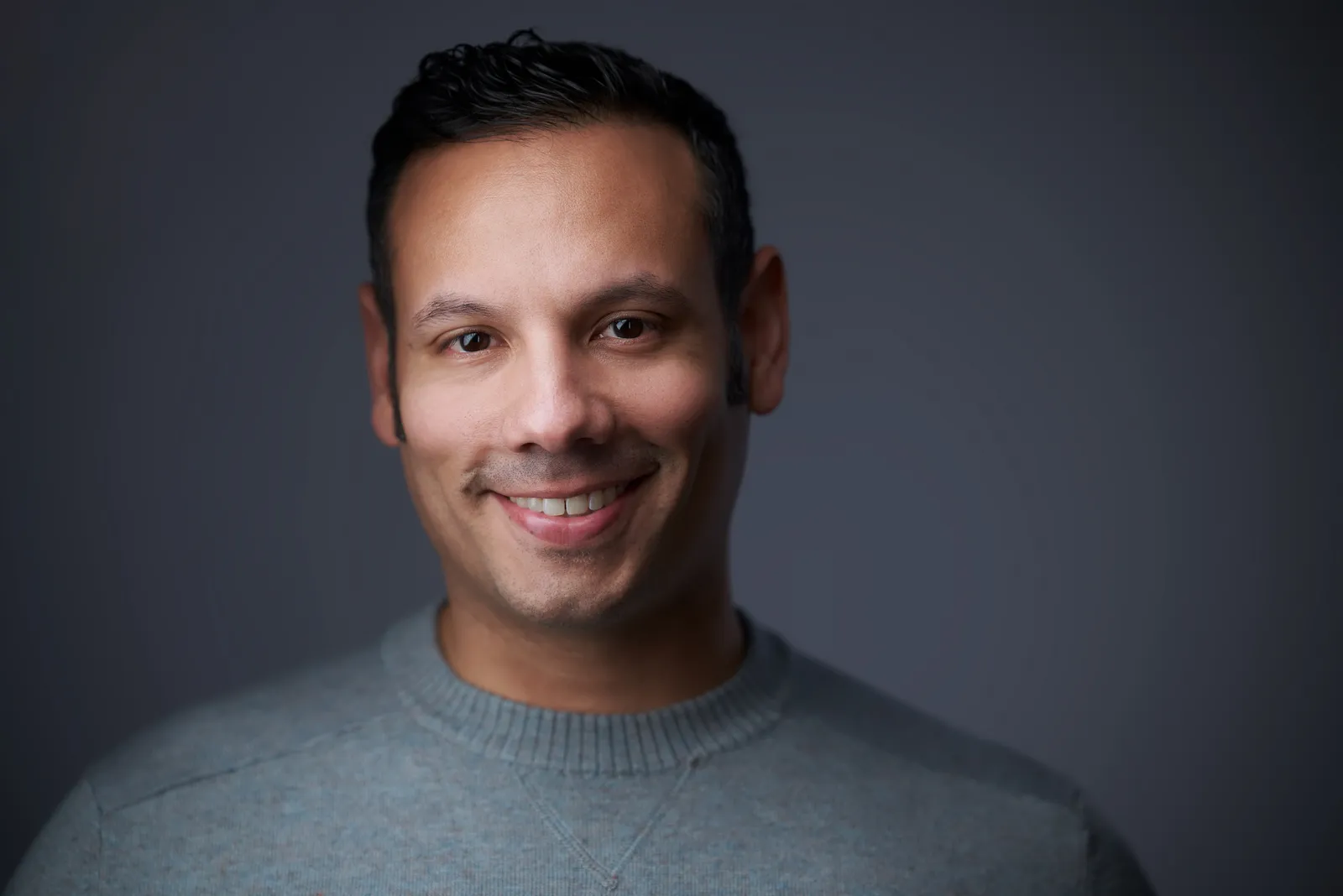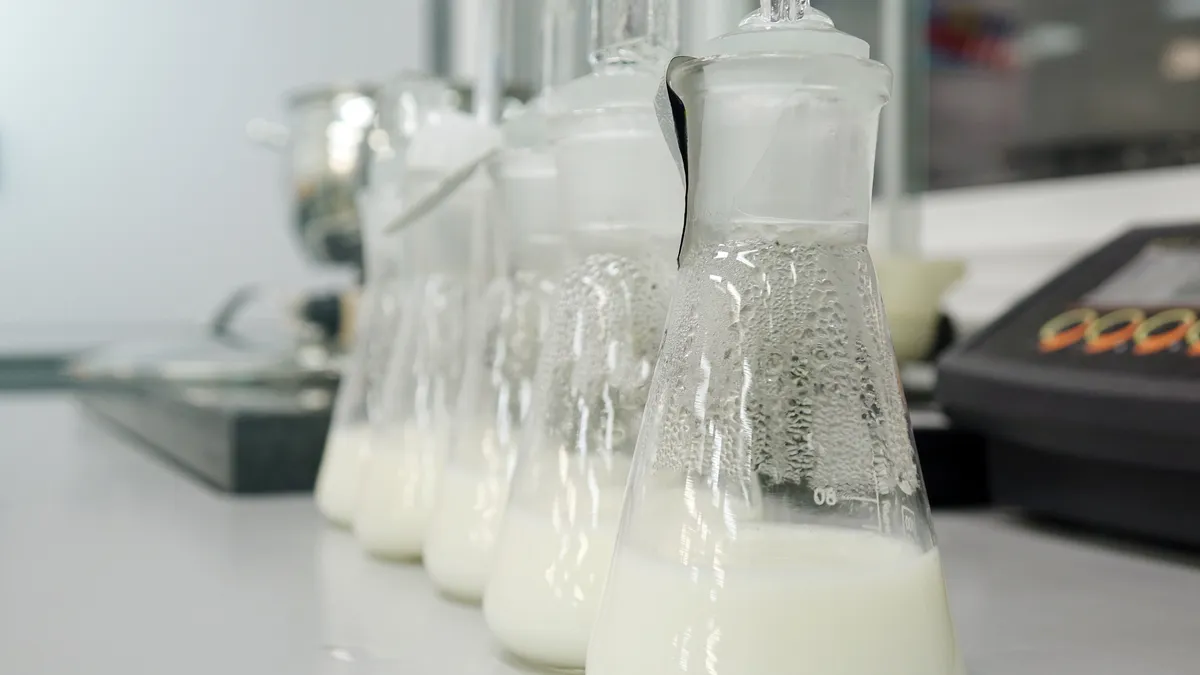Alex Martinez has worn many hats throughout his career.
As CEO and co-founder of Intrinsic Medicine, he’s leading the Seattle-based biotech’s development of human milk oligosaccharide (HMO) drugs to treat a range of gut immune microbiota brain axis disorders, with programs in Parkinson’s disease and irritable bowel syndrome entering phase 2 trials. But for the former lawyer and venture capitalist, it’s also a personal pursuit.

“I'm evaluating our drugs in the context of the human, subjective experience because I'm living it,” he said.
Martinez has had IBS since he was 11 years old, and from time to time, the disease has triggered numerous complications.
“I've gotten staph infections … and had to have some pretty significant interventions,” he explained. “When I started this company, I actually went through a potential oncology patient journey that, luckily, did not turn out to be the case. When you're shaped by that experience … I [then] wanted to do everything I can to help people.”
Martinez, who said he is “never one to stick to a job description,” had an unusual path into biotech. Starting out as a lawyer in Silicon Valley, he quickly moved into entrepreneurship as the co-founder of a digital health company before landing at the RNA-focused biotech Ionis Pharmaceuticals where he became part of the biotech R&D machine, developing competitive strategies for dozens of assets.
“I came in as an outsider to biotech, but then had a vantage point that encompassed everything going on and had this opportunity to do everything from significant deals to even [advisory committee] preps,” Martinez, who worked as Ionis’ director of corporate development, said.
But Martinez wanted to break new ground and “take on a big project” so he teamed up with fellow Ionis exec Jason Ferrone to co-found Intrinsic Medicines. The duo stumbled upon HMOs when they were looking for compounds to develop.
“This is not an easy industry, especially when you're trying to do something different."

Alex Martinez
CEO and co-founder, Intrinsic Medicine
To build their company, Martinez and Ferrone, now Intrinsic’s director and strategic advisor, licensed HMOs, which are prebiotic compounds found in human milk. While the benefits of HMOs for infants are well known, their use as therapeutics for adults is still being uncovered. Now, using synthetic HMOs, Intrinsic is leveraging the low toxicity and inexpensive compounds to develop what Martinez hopes could become a breakthrough class of drugs.
Pharma’s foray into microbiome drugs
Using nutrient-rich milk as a therapy is a simple concept, but Intrinsic is targeting complex diseases with high unmet needs.
The company plans to start a phase 2 trial of its lead candidate OM002 in Parkinson’s disease in the first quarter next year. Parkinson’s patients often present with constipation as one of the first symptoms, which can interfere with other treatments. Intrinsic plans to study the drug’s impact on idiopathic Parkinson’s patients with constipation and look at associated dysbiosis.
“We'll also be exploring if shifting the microbiome actually improves or changes the metabolism of those [patients],” he said. Down the line, the drug could also be used in combination with other Parkinson’s medications to enhance efficacy.
Amid the damp market for biotech fundraising, Intrinsic opted to take clinical trials to Australia, where government support helps companies stretch R&D dollars further.
“We have to adapt to the changing macro environment,” he said.
As Intrinsic moves ahead, more than a dozen U.S. trials studying HMOs are ongoing in the U.S., according to STAT News. The HMO approach is also part of a growing push in pharma to develop therapies targeting the gut microbiome to treat a wide array of diseases. In fact, after the FDA approved two microbiome-based drugs in 2022, some large pharma companies have begun to eye possibilities in the microbiome therapeutics market, according to IQVIA.
But whether or not these approaches gain wider momentum will come down to how well drugs from companies like Intrinsic perform in the clinic.
“This is not an easy industry, especially when you're trying to do something different,” Martinez said.












